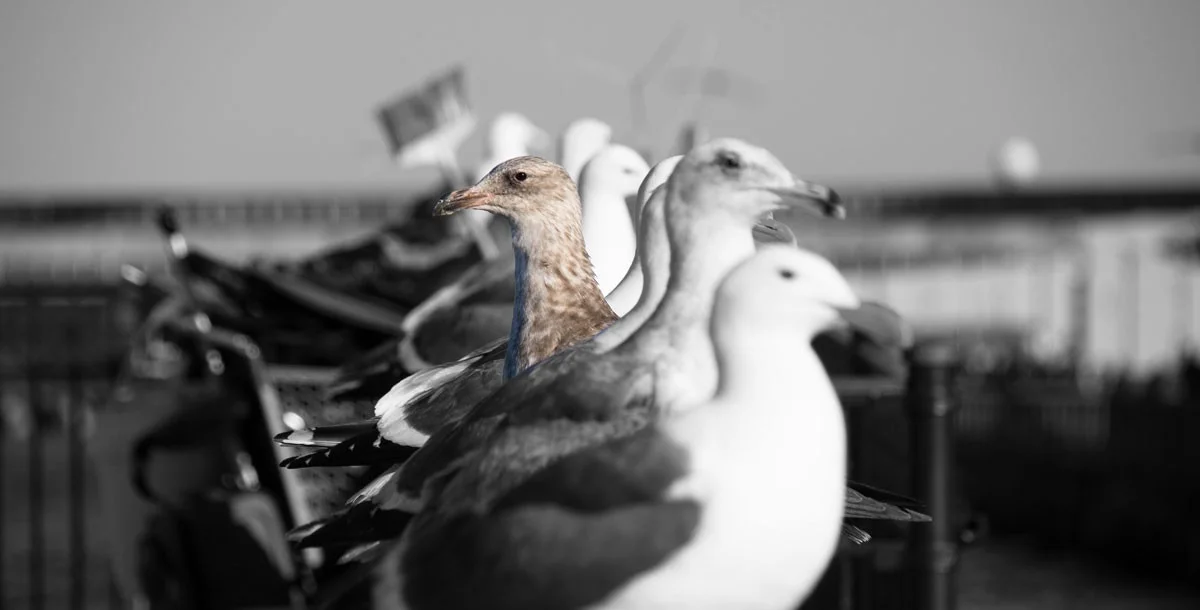Conciliate.
This was my word of the week.
It is a verb. It is also a concept I constantly struggle with. When I saw it pop up in my inbox, I felt as though someone was trying to tell me something; either that or a huge cosmic hand – or foot, similar to the one in the opening credits of Monty Python’s Flying Circus – is in control of these posts.
It wouldn’t surprise me at all. It makes at least as much sense as anything else, if not more.
Conciliate: (verb) 1. to overcome the distrust or hostility of; placate; win over: to conciliate an angry competitor; and 2. to win or gain (goodwill, regard, or favour).
Hmmmm. Yes. Placate. Well, it may have my name in the word, but it isn’t ever going to be confused with my personality. Alterkate is far more appropriate there. Nor am I likely to win or gain any goodwill through conciliation. If this was the (mythical) Old West, with a pianny tinkling away in the background of the saloon, a moustachioed barkeep throwing whiskies down the length of the bar, guess who would be the one responsible for the utterance from our hero “them’s fighting words, ma’am”, bringing the place to a standstill, and causing several ladies of dubious quality to gasp in anticipated horror?
Yep.
Billy The Kate. Otherwise known as The Mouth From The South.
I would love to have the worldview, not to mention the wisdom and humility, of someone such as Jalal Talabani, Kurdish freedom fighter and former President of Iraq – the first (formally recognised) – non-Arab leader of that nation. He said this:
Conciliation is not capitulation, nor is compromise to be deemed equivalent to imbalanced concession.
He is right. I know he is right. Conciliation can be a wondrous tool, if used wisely. It, along with compromise, can bring us back from the brink of disaster, tragedy, and dishonour. It can see neighbours, friends, countries and continents resolve their issues without resort to violence or legal bushwah. It is not an inequal concession either, when wielded by the wise.
The trouble is, I have a temper the size of several solar systems, and it tends to want to take over the universe without stopping to think about anything to do with overcoming distrust, hostility, or compromise of any kind. And it comes out when anyone I love is threatened, when my friends are hurt…
…and when someone takes the view that genuine illness or disability, whether physical or mental, is something to revel in. This includes ‘someones’ both within and without the dis/abled sides of the equation.
Being of the fraternity of those with a chronic disease is a constant frustration, and not necessarily for the reasons one may think. It lends itself naturally to a desire to placate people, to win goodwill; to always say, for example, when asked “how are you feeling?” to reply “fine, thanks” because realistically, how many people ask this question expecting an honest answer of anyone, let alone someone who is not particularly well? This may sound hypocritical when I get to my next point, but it isn’t.
I will explain why in a second, I promise. Even if you don’t want me to, or have stopped reading out of boredom. There will be more cowboys, if that makes a difference.
It is a frustration because many people with a chronic illness make said illness or disease the centre of their lives, and not in positive ways which leads to education of self and others, to research, funding and therefore, hopefully, to a cure, when this is a factor of the disease or condition.
If this were the case, I’d probably have a lot more patience with conciliation, and attempt to use it in both a sentence and in practice with greater frequency. To attempt to win people over, and get them to see my point of view in a less fierce way.
But here’s the tricky biscuit. The thing is – and this is not peculiar to Parkinson’s, but it is certainly something I have seen a lot of with respect to this disease in particular, obviously – having an illness with no cure, or one which is only at the edge of understanding, such as depression, can make people band together in the wrong way. It can see them in ‘support groups’ which are in actuality the exact opposite of this. They are non-support groups. They become almost an entire reason for being, and they swallow people whole, whether they are the person with the disease, or their carer. They are a place of immense negativity and despair. Conversation centres only around these three things: things are appalling, there is no hope, and nothing will ever, ever go right. Humour is verboten. Attempts to see light at the end of the tunnel, and to treat life as living, rather than a waiting room for death, are instant cause for dismissal.
It’s the blackshirts of bad health, with a default leader of the disease itself. Acceptance is instant. Leaving is through resistance.
Here, I lose my temper, and the definition of alterkate comes stampeding to the fore. I am vocal in my criticism and dislike of these forums. I make no secret of my distaste for them, and encourage people to only be a part of support groups which do that – support. Which offer active solutions, viable care, and inclusivity with the community as a whole. Who see disability or illness of any kind as something to manage, and definitely to have a sense of humour and hope about.
As you can imagine, in some places, I am known as The Great Satan.
These posts, these far more than one hundred naked words, weren’t started in an attempt to be negative. I can’t pretend things are sunshine, roses, and unicorns spraying rainbows from their horns every five minutes. Of course things are shit some of the time. Sometimes, as I said the other day, they reach DEFSHIT 1. But then they settle down again, the finger goes back off the red button, and you get on with life. Because life. Because that’s what you do. Sit around in a Faceplant group all day saying ‘what fresh hell is this’, and you may as well just sign up for whatever circle of the Inferno Dante decided to reserve for people who revel in talking about illness all the time.
I cannot placate these people. I lose my rag with them, just as I lose my rag with those who try to present me as an object of pity. Poor pathetic Kate, she’s got Parkinson’s, she’s had cancer (yes, yes, I know, that too), she’s got this weird thing eating her spine, let’s shove her out there and make her look like some super-spaztard who can’t fit three words together, so people feel sorry for Parky people and donate some cash.
This is not what Parkinson’s is. This is not what having it is. This is why I will not ever be any good at being conciliatory, or make friends and influence people through winning them over by this method, whether they are inside the community or without. It is not what Michael J Fox does, and his anger when made to look pathetic is magnificent.
I write for so many reasons. In this setting, it is partly to get my frustrations out. It is definitely to expose myself a little more, and to educate, hopefully, a lot more. It is hard, and I am showing far more of my sadness and fear at what is happening to me than ever before. But that is important, too, as long as it isn’t all I am showing, or all I ever write about.
So, going back to one of the frustrations of being chronically ill, and in line with my aim of education, and also to end on a positive note – and perhaps, most of all, to show willing to see use in the word of the day, in its form of non-capitulation, I will finally say this.
When next you ask someone how they are, don’t ask unless you mean it. Don’t use it as a greeting, or a throwaway line. Don’t say “how are you?” unless you are looking to know. And if someone hesitates in answering, it means there is something wrong. Look for the hesitation. If you see, or feel it, actively listen to the response. It may mean a great deal to someone who is in a bad place, and genuinely and generally doesn’t share much because they don’t like to burden people with their troubles.
Those who are asked, and are suffering? Be truthful. If things are total pants, say “things are total pants. I am sitting on a pile of poo so large I can’t see a way to flush it down the lav of life, and fear it may be here for good”. I doubt you will use these words, because you aren’t a disgrace to society like me, but whatever you feel comfortable with.
And, in time, when things are less than total pants – say, only mostly pants – make sure you ask the question back. And listen, in your turn.
Because everyone, whether chronically ill, or not, has burdens. And unless you want them to end up with the closed groups of doom, then give back, and more to the point, be a friend.
Wow. Maybe I don’t have to resort to a shootout at the OK Corral after all.
Nope… I just saw something ridiculous happening over yonder, and it wasn’t just a Trumpleweed rolling past. I gave up on them a while back. Time to saddle up, alterkate. Well, spaztard up. Because laugh, remember?
Yippee ki yay.















